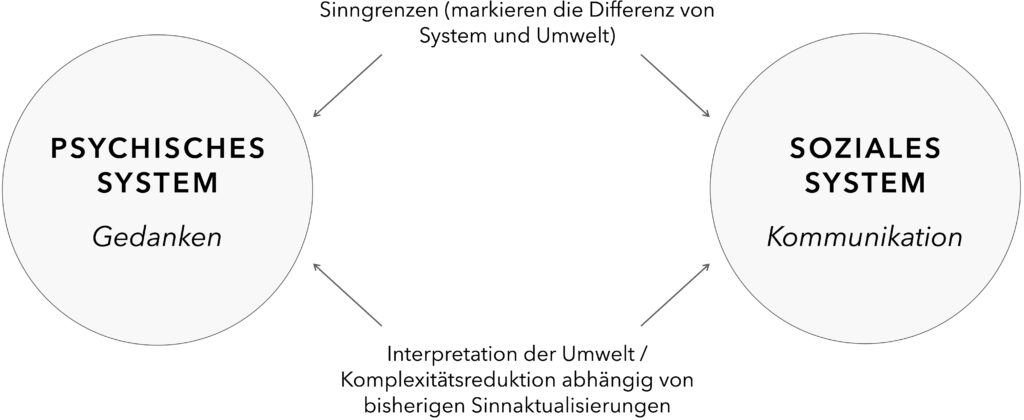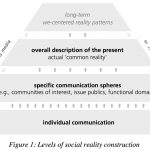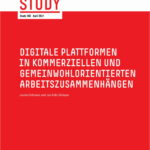28. Januar 2020
Das Programm für den dritten Workshop im Arbeitskreis Digitalisierung und Organisation in der Sektion Organisationssoziologie zum Thema »Theoretische und empirische Grundlagen einer soziologischen Digitalisierungsforschung« (5. und 6. März, TU Berlin) ist fertiggestellt und kann hier abgerufen werden.
20 Vorträge aus vielfältigen Themenfeldern und eine Keynote von Sabine Pfeiffer stehen auf der Liste. Dazu organisieren wir auch diesmal einen interaktiven Austausch im Kontext unseres Workshops. Wir freuen uns auf spannende Diskussionen mit allen Teilnehmenden. Eine Teilnahme ist auch ohne eigenen Vortrag möglich.
7. Januar 2020
Vor rund 85 Jahren – 1934 – ist Lewis Mumfords (1895–1990) Buch »Technics and Civilization« erschienen, welches sich auf monoskop.org als photographisches PDF einsehen lässt. Schon in dieser Zeit war Mumford ein Technikkritiker, Apokalyptiker und Kulturpessimist mit einem stellenweise stark moralisierenden Tonfall, der das Buch mitunter fast unlesbar macht und später in The Myth of the Machine (1967/1970) vollkommen die Oberhand gewinnen sollte. Nichtsdestoweniger stellt Mumford Fragen, die auch heute noch – in einer Phase, in der sich die Gesellschaft ihrer umfassenden Digitalisierung bewusst wird – überaus anregend sind (S. 3):
»During the last thousand years the material basis and the cultural forms of Western Civilization have been profoundly modified by the development of the machine. How did this come about? Where did it take place? What were the chief motives that encouraged this radical transformation of the environment and the routine of life: what were the ends in view: what were the means and methods: what unexpected values have arisen in the process? […] While people often call our period the ›Machine Age‹, very few have any perspective on modern technics or any clear notion as to its origins. […] Men had become mechanical before they perfected complicated machines to express their new bent and interest […]. Behind all the great material inventions of the last century and a half was not merely a long internal development of technics: there was also a change of mind. Before the new industrial processes could take hold on a great scale, a reorientation of wishes, habits, ideas, goals was necessary.«
Weiterlesen »













